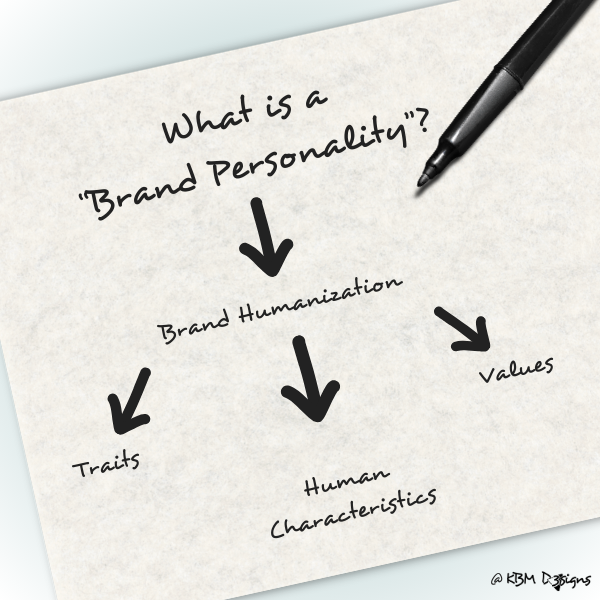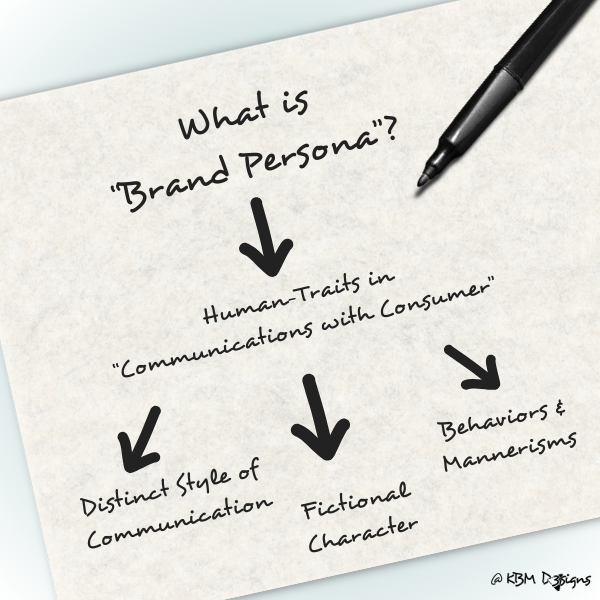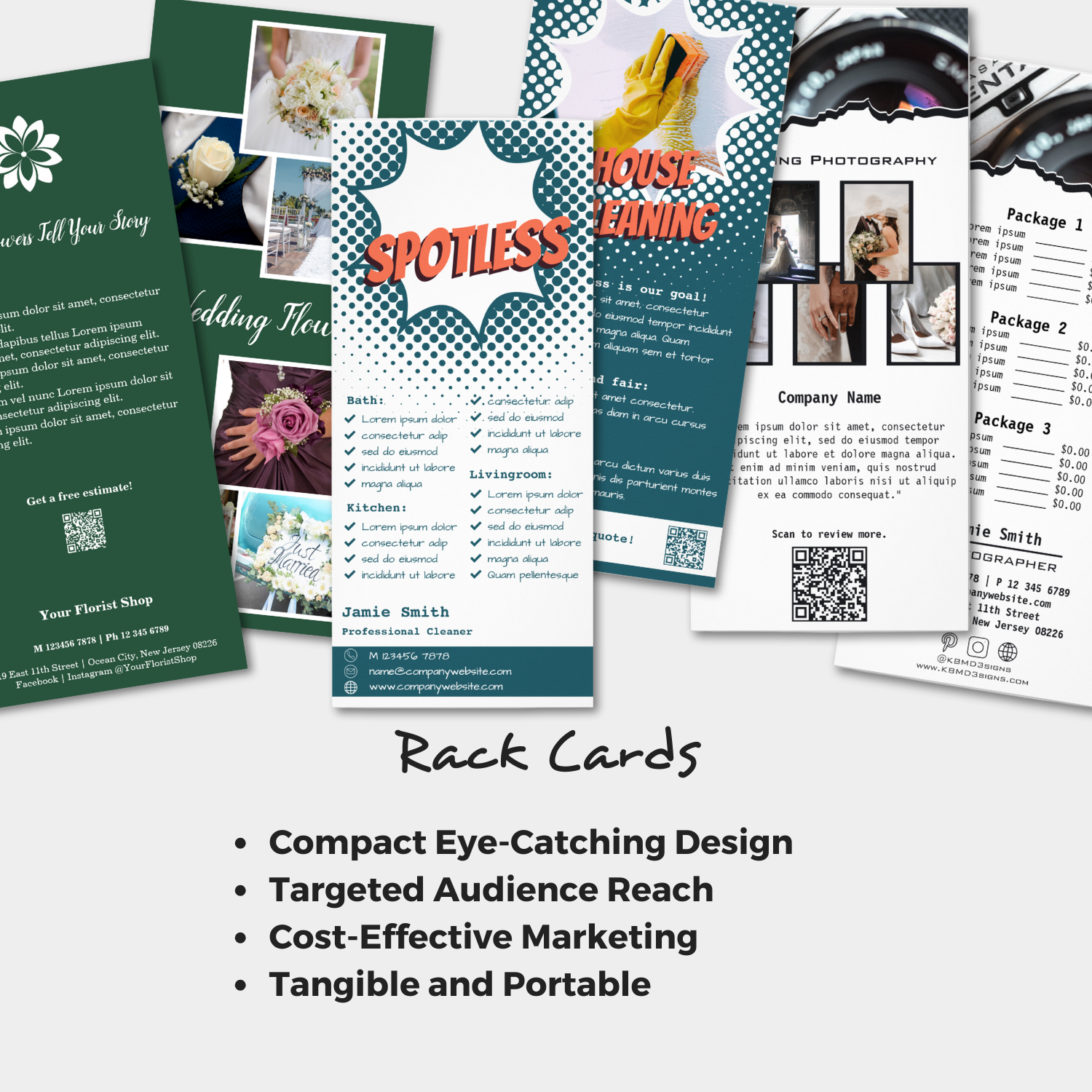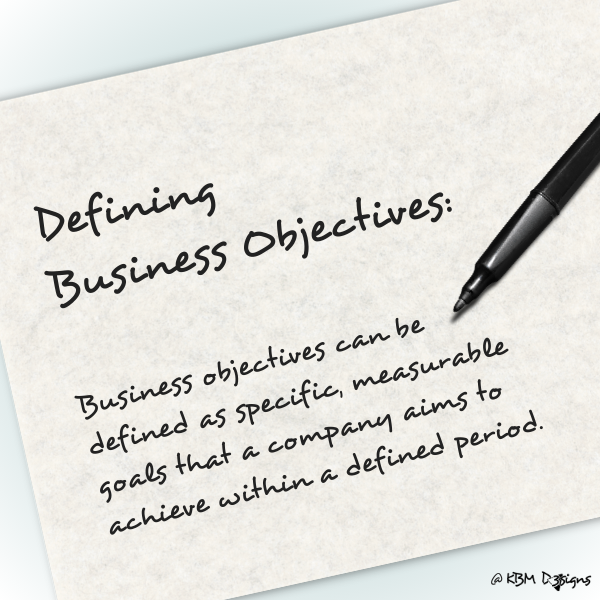What is brand personality? – And how can small businesses harness its potential to stand out from the crowd and capture customers’ attention?

In the vast sea of businesses vying for consumer attention, establishing a distinctive identity is paramount. One powerful way to do this is to define and embody a brand personality. Let’s explore this essential aspect of branding.
Article Content:
- What Is a Brand Personality?
- Why Does It Matter?
- How to Define Your Brand’s Human Characteristics
- Examples of Brand Personalities
- What Are Brand Personality, Brand Identity And Brand Persona?
- Frequently Asked Questions About Brand Personality
1. What Is a Brand Personality?
In essence, a brand personality is the set of human characteristics, traits, and values that a brand embodies. It’s the persona that consumers perceive when they interact with a brand. Just like individuals, brands can be perceived as friendly, professional, adventurous, or innovative, among countless other traits.
2. Why Does It Matter?
For small businesses, establishing a strong brand personality is crucial for several reasons:
- Differentiation: In crowded markets, a distinct brand personality sets your business apart from competitors. It helps consumers remember and connect with your brand on a deeper level.
- Emotional Connection: A well-defined humanized brand resonates with consumers’ emotions, fostering loyalty and long-term relationships.
- Consistency: A consistent personality across all touch-points—from your logo and website to customer service interactions—builds trust and credibility.
Attraction of Ideal Customers: By aligning your brand attributes with the values and preferences of your target audience, you attract like-minded customers who are more likely to engage with your products or services.
3. How to Define Your Brand’s Human Characteristics
- Know Your Audience: Understand the demographics, psychographics, and behaviors of your target audience. What are their interests, values, and aspirations? Tailor your brand attributes to resonate with them.
- Identify Brand Archetypes: Archetypes, such as the Hero, the Sage, or the Rebel, provide frameworks for defining your brand’s human traits. Choose one or a combination that aligns with your business values and resonates with your audience.
- Craft Your Brand Voice and Tone: Your brand’s voice – the way you communicate – and tone – the emotional inflection of your messaging – should reflect your humanized brand consistently across all channels.
- Visual Identity: Design elements such as colors, typography, and imagery contribute to your humanized brand. However, make sure they align with the characteristics you want to convey.
- Stay Authentic: Authenticity is key to building trust. Therefore, chosen brand traits should genuinely reflect business values and culture.
4. Examples of Brand Personalities
Let’s consider a few examples to illustrate how different businesses embody brand personalities:
- Patagonia (Outdoor Apparel): Known for its rugged, adventurous spirit, Patagonia’s branding personality exudes authenticity, environmental consciousness, and a love for the great outdoors.
- Apple (Technology): Apple’s humanized brand is synonymous with innovation, elegance, and simplicity. Its sleek design and user-friendly products appeal to creative individuals seeking cutting-edge technology.
- Ben & Jerry’s (Ice Cream): With a playful and socially conscious brand traits, Ben & Jerry’s resonates with consumers who value fun, creativity, and activism.
To Sum It Up
For small businesses, defining and embodying a distinct humanized brand is more than just a marketing strategy. It’s a powerful way to make meaningful connections with consumers. You can carve out a memorable place in the hearts and minds of your customers. You can do this by understanding your audience, staying true to your values, and consistently expressing your brand’s unique persona. So, embrace your humanized brand and let it shine through in every interaction. – It’s the secret sauce of branding that sets you apart in a crowded marketplace.
5. What Are Brand Personality, Brand Identity and Brand Persona?
Brand Personality, Brand Identity, and Brand Persona are all crucial elements of branding, but they have distinct meanings and serve different purposes in shaping how a brand is perceived. Here’s a breakdown of each term and the differences between them:
Brand Personality:
- Brand personality refers to the set of human characteristics and traits that a brand is perceived to have. It’s about giving the brand a distinct persona or identity that consumers can relate to on a personal level.
- It helps to humanize the brand and make it more relatable. It influences how consumers perceive and interact with the brand.
- Examples of brand traits include sincerity, excitement, sophistication, ruggedness, competence, and sincerity.
- Establishing a humanized brand involves defining specific traits and values that the brand wants to embody. And it uses these to consistently express them through brand and customer communications at various brand touch-points.
Brand Identity:

- Brand identity encompasses the visual and tangible elements that represent a brand and distinguish it from competitors. It’s the outward expression of the brand, including its name, logo, colors, typography, imagery, and other design elements.
- Brand identity is the visual and aesthetic representation of the brand’s personality, values, and positioning in the market.
- It serves as a visual cue that helps consumers recognize and remember the brand and its offerings.
- Developing a strong brand identity involves creating cohesive and consistent visual elements that align with the brand’s personality and resonate with its target audience.
Brand Persona:

- Brand persona is similar to brand personality but focuses specifically on the human-like characteristics and behaviors that a brand exhibits in its communications and interactions with consumers.
- It involves creating a fictional character or representation of the brand that embodies its humanized attributes and values.
- Brand persona helps to humanize the brand and make it more relatable by giving it a distinct voice, tone, and style of communication.
- Unlike brand personality, which is more overarching and conceptual, brand persona is more focused on the specific behaviors and mannerisms that the brand adopts in its interactions with consumers.
In summary, while Brand Personality, Brand Identity, and Brand Persona are all interconnected aspects of branding, they each have distinct meanings and functions. Brand Personality defines the human characteristics and traits of the brand, Brand Identity encompasses the visual and tangible elements that represent the brand, and Brand Persona focuses on the specific behaviors and communication style of the brand. Together, they work to shape how consumers perceive and engage with the brand.
-

How to Incorporate Custom Leisurewear into Your Team’s Uniform
Read the post …: How to Incorporate Custom Leisurewear into Your Team’s Uniform -

The Art of Small Business Signage: Making a Big Impression
Read the post …: The Art of Small Business Signage: Making a Big Impression -

What Is A Rack Card? – How To Boost Your Small Business
Read the post …: What Is A Rack Card? – How To Boost Your Small Business
6. Frequently Asked Questions About Brand Personality:
A brand personality refers to the human characteristics and traits attributed to a brand, making it relatable and distinctive.
It helps humanize the brand, fosters emotional connections with consumers, and sets the brand apart from competitors.
It is the set of human traits associated with a brand, while brand identity encompasses visual and verbal elements that represent the brand.
It is defined by identifying traits, values, and characteristics that align with the brand’s identity and resonate with the target audience.
Examples include Patagonia (adventurous, environmentally conscious), Apple (innovative, elegant), and Ben & Jerry’s (playful, socially conscious).
By understanding its target audience, defining key traits and values, and expressing them consistently through branding elements and messaging.
While a brand can exhibit different traits in various contexts, it’s essential to maintain consistency to avoid confusing consumers.
They influences purchasing decisions, brand loyalty, and overall brand perception by creating emotional connections and resonating with consumers’ values.
Yes, as consumer preferences and market dynamics change, brands may adapt and evolve their personalities to stay relevant and resonate with their audience.
A humanized brand is essential for businesses of all sizes. In general, it helps differentiate them in the marketplace and build strong connections with consumers.
By understanding their target audience, defining key brand attributes, and consistently expressing them through branding elements and communication channels.
Human attributes in a brand are essential for businesses of all sizes. In fact, nonprofit organizations can also benefit from defining their traits to effectively communicate their values, mission, and impact. In general, it helps differentiate them in the marketplace and build strong connections with consumers.
-

What Is A Brand Partnership? – A Small Business Perspective
Read the post …: What Is A Brand Partnership? – A Small Business Perspective -

What Are Business Objectives?” Perspective Of A Small Business
Read the post …: What Are Business Objectives?” Perspective Of A Small Business -

What Is A Focus Group Market Research? – SMB Perspective
Read the post …: What Is A Focus Group Market Research? – SMB Perspective


